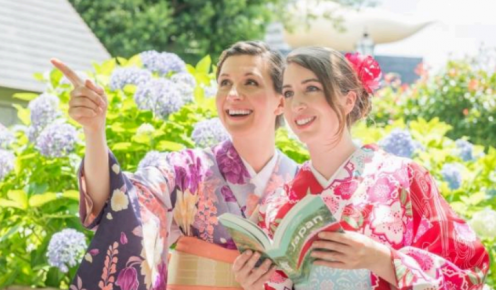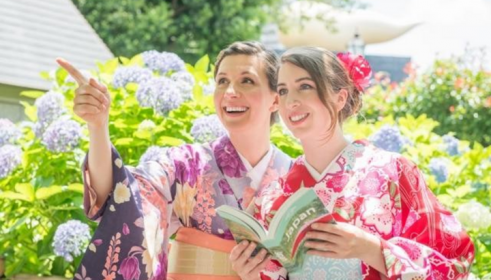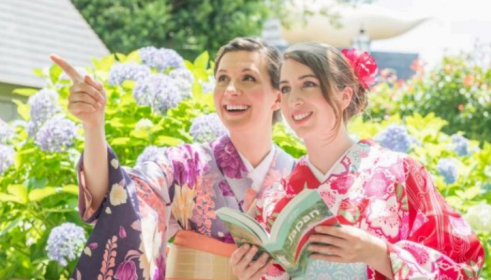I love you in Japanese – Aishiteiru – Suki des
Many people in Japan actually don’t say “I love you” in Japanese. The actual expression to say you love feelings is “Suki des” that means “I like you” in Japanese. However, since in some Japanese movies and drama, this “Aishiteiru” expression has come. So, Japanese learners worldwide have learnt this as a normal expression as we say in English “I love you”. But since this is not much used, you should learn how to say I love you in Japanese in Japan. It is after the name of the person, you put “san” and then say “ga suki des”.
For example: “Naomi san ga suki des” or “Naomi san no koto ga suki des”
The expression “Koto ga” here doesn’t have any special meaning. It just emphasizes on the personality or existence of the person who we like. So the expression “aishiteiru” you can consider as the final expression for those lovers who are already in love for a long time and they want to confess it once again to make their moment memorable.
In Japanese language, there are many such expressions which are more likely to be covering the whole expression and may not be as accurate to be translated directly in English. I love you in Japanese is just an example for such a situation. One has to master Japanese language at least up to an intermediate level to understand and comprehend such kind of situations and of course to get a JOB IN JAPANESE.
To understand the details of Japanese language it is also very important to understand Japanese culture also. This is because Japanese culture has a huge impact on some peculiar Japanese language expression that Japanese people regularly use in their day to day conversation. For example there is some unique Japanese food and the style of eating that food that you may see only in Japan which is peculiar to Japanese culture and tradition only and cannot be found in any other country.
Likewise the expression I love you in Japanese as expressed earlier is a very soft expression that reflects the politeness and softness of Japanese language greetings or such situations where love is not imposed but expressed as a mere feeling in initial stage. So to understand these soft details you have to and you should at least understand basic Japanese language and you will also like the courteous and manner full Japanese culture.
Also you can always go to nihongomax.com to get all the Japanese language lessons with examples of question and answers that come up in JLPT (Japanese Language Proficiency Test). All the best












